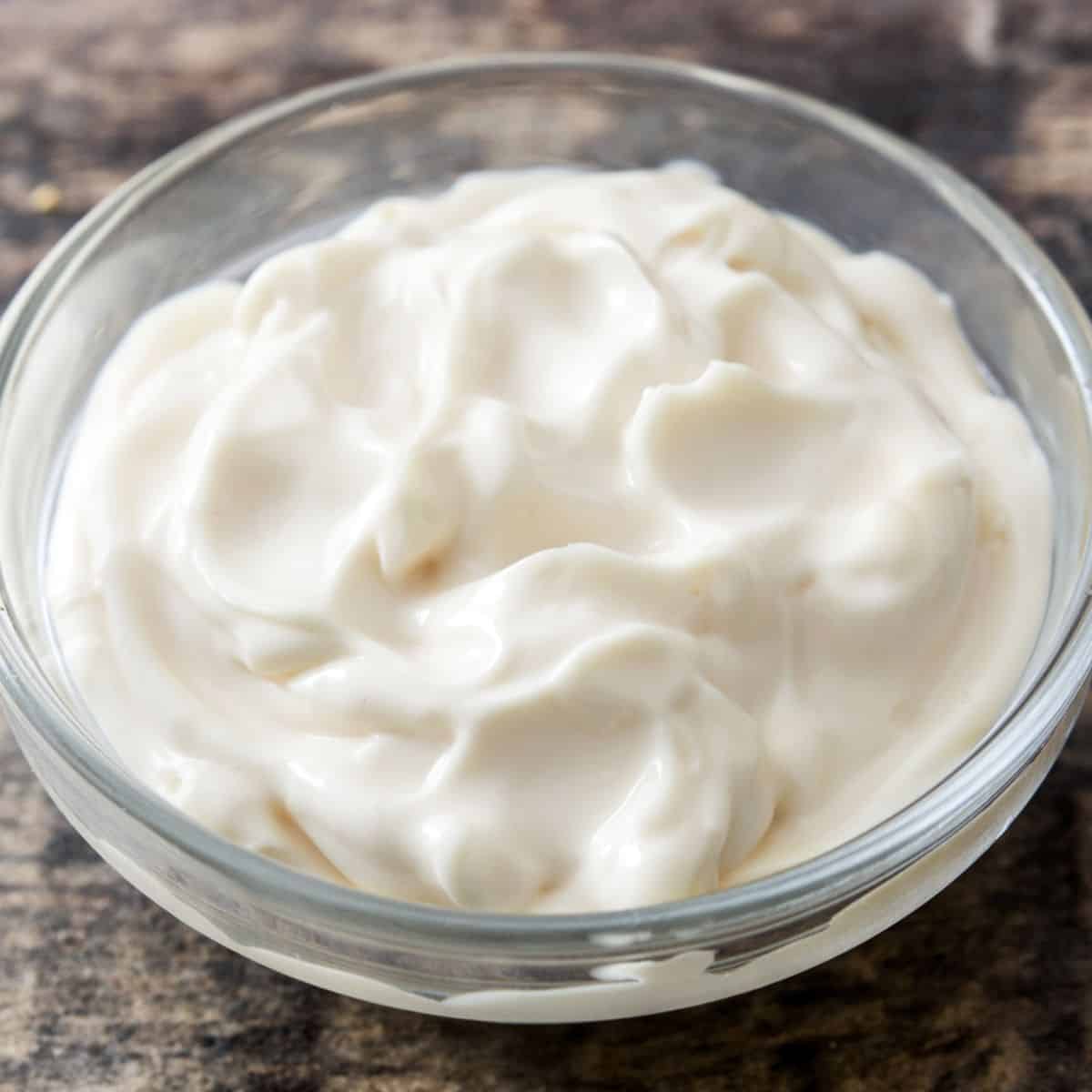As people become more aware of the potential health benefits of a gluten-free diet, many are turning to this lifestyle choice to improve their overall health and well-being. But what is a gluten-free diet, and what are some of the notable reasons why you should consider trying it?
A gluten-free diet is one that eliminates foods containing the protein gluten, which is found in wheat, barley, and rye. It can be a difficult diet to follow, as it eliminates some of the most common foods in the average person's diet, such as pasta, bread, and cereal. Now, there are several notable reasons why you should consider trying a gluten-free diet. Here are five of the most important:
1. Improved Digestive Health
If you're experiencing digestive issues, it's worth considering eliminating gluten from your diet. Gluten is a protein found in wheat, barley, and rye and can cause inflammation in the digestive system. This can lead to uncomfortable symptoms like bloating, gas, and abdominal pain.
Eliminating gluten from your diet can lead to improved digestive health and a decrease in these symptoms. If you think gluten may be the culprit, talk to your doctor or a registered dietitian to see if a gluten-free diet is right for you.
2. Reduced Risk of Disease
A gluten-free diet may also reduce your risk of developing certain medical conditions, such as celiac disease and inflammatory bowel disease.
3. Better Nutrient Absorption
When you eliminate gluten from your diet, your body is better able to absorb nutrients from the food you eat. This can lead to improved energy levels and overall health.
Gluten is a protein that is difficult for the body to digest. This means that when you eat foods that contain gluten, your body has a hard time breaking down the nutrients and absorbing them. This can lead to nutrient deficiencies and a host of other health problems.
4. Weight Loss
Many people find that, when they eliminate gluten from their diet, they experience weight loss, as well as improved energy levels.
5. Allergy Relief
People with food allergies may find that a gluten-free diet helps to reduce their allergies. This can lead to improved overall health and well-being.
For people with celiac disease, gluten triggers an immune response that damages the lining of the small intestine. This can lead to nutrient malabsorption and a host of other problems.
Non-celiac gluten sensitivity is a condition in which people experience some of the same symptoms as celiac disease but without intestinal damage. It is not clear exactly how many people are affected by this condition, but estimates range from 0.5-13% of the population.
If you think you may be sensitive to gluten, the best thing to do is to consult with a doctor or dietitian. They can help you to determine if a gluten-free diet is right for you.
Conclusion
These are just five of the notable reasons why a gluten-free diet may be beneficial. If you're considering trying a gluten-free diet, it's important to talk to your doctor first to make sure it's the right choice for you.
Do you need help with gluten free eating? Keto Diet Yum is here to help you adjust to the vegan keto lifestyle with delicious recipes and helpful tips to get you started. We give you some of the best keto and gluten free recipes and nutrition advice to make sure you have an enjoyable and successful journey. Check out our posts and get cooking today!




